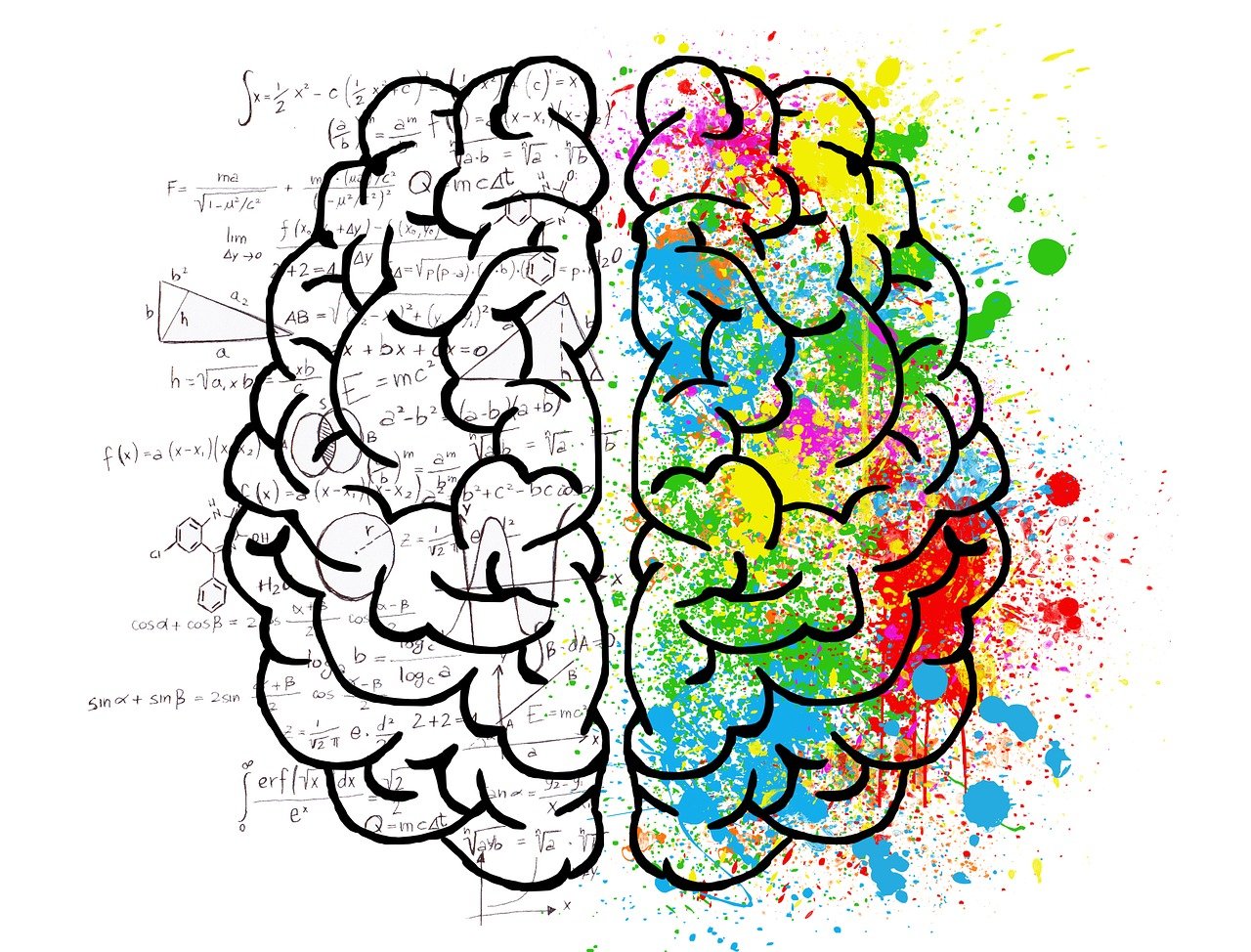Imagine yourself sitting in a university lecture, and suddenly, you have a doubt about the topic being discussed. Traditionally, you might raise your hand to ask the tutor, turn to a classmate for help, or flip through your notes after class in search of an answer.
But now, instead of waiting or relying on others, you have a faster option—using AI tools on your phone, like ChatGPT or Google’s Gemini. These tools can instantly provide clear, concise, and personalized responses. For instance, if someone asks AI, “What is a runtime error?” it might respond:
“A runtime error is an error that occurs while a program is running, after it has successfully compiled. These errors include dividing by zero, accessing invalid memory, using uninitialized variables, or calling functions on null references.”
And just like that, you’re back on track—no waiting, no flipping through pages.
This is the power of AI in a student’s life. From writing assistance to coding help, brainstorming ideas, and solving math problems, AI serves as a 24/7 companion—always available, always ready to support your learning journey. It reshapes how we study, summarize, and revise.
But AI does more than just answer questions—it also learns how you ask them. By analyzing your question style and prompt history, it tailors its responses in a way that feels natural, almost like a conversation with a knowledgeable friend.
Of course, this advancement raises concerns around data privacy, security, and the ethical use of personal information. Since AI systems rely heavily on user data to improve their performance, there is an ongoing debate about how to ensure this data is protected.
While AI is a powerful ally in our quest for self-improvement and learning, it cannot replace the traditional classroom. Classroom education offers the irreplaceable value of community interaction, peer support, and human connection. Rather than replacing it, AI complements classroom learning. It can provide personalized responses that enhance individual understanding and improve learning outcomes. Teachers can also use AI as a supportive tool to explain complex concepts in new ways and manage routine tasks more efficiently.
AI helps with information gathering, personalization, and task automation—areas where it truly excels. However, it’s important to be aware that AI can occasionally generate incorrect or misleading information, a phenomenon known as “AI hallucination.” This can be particularly problematic in research or tasks that require high factual accuracy.
In conclusion, while AI offers numerous advantages and continues to evolve rapidly, we must approach its use with responsibility and awareness. We should stay mindful of ethical considerations, limitations like data and learner bias, and ensure AI is used to enhance—not replace—human learning. When used wisely, AI can be a powerful tool in improving educational experiences and learner outcomes.
About author
Siddhant, a B.Tech in Computer Science Engineering student at Manav Rachna University, carries a thoughtful curiosity about the world and the role technology plays in our everyday lives. Having recently completed his secondary education, he believes that technology is not just a tool—it’s a bridge that connects us to ourselves and to one another. He finds meaning in exploring how modern innovations quietly shape our routines, making life more fluid, connected, and fulfilling. What truly sets Siddhant apart is his interest in the deeper questions of life—how we understand ourselves in a rapidly changing world. For him, philosophy and technology go hand in hand, offering not just solutions, but insights into who we are and how we grow.



